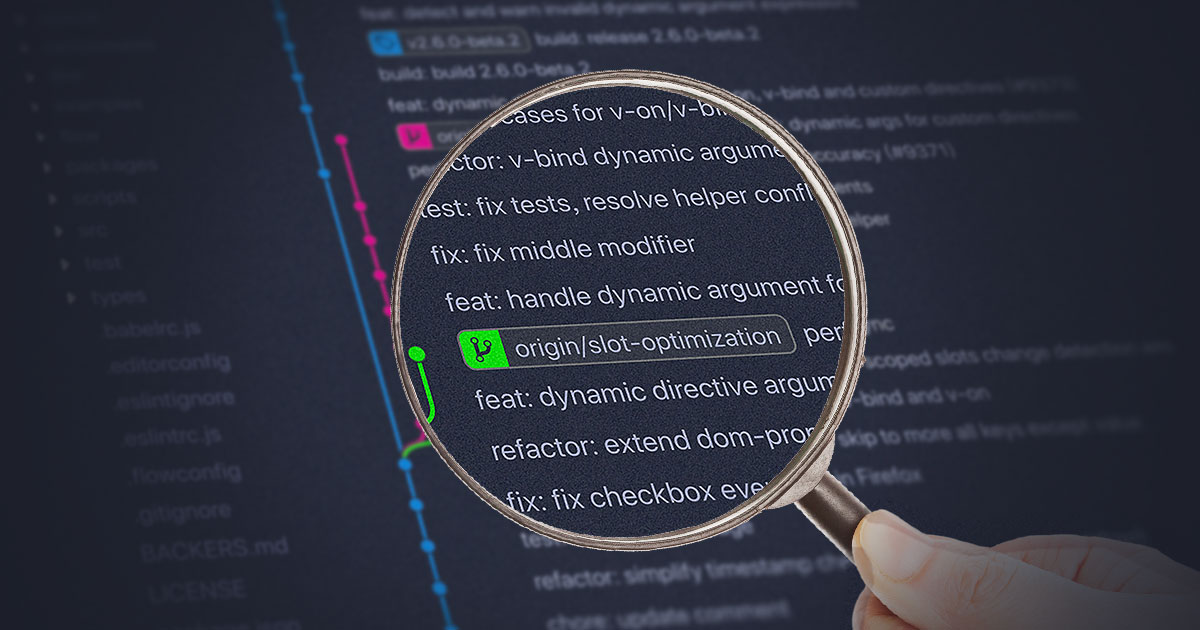Examining Turnitin Self-Checker: A Thorough Analysis

Turnitin, a company that provides plagiarism detection services to institutions of higher learning across the globe, has been a household name in the area of academic integrity. Turnitin Self Checker is an addition to its arsenal, which seeks to make sure students’ works are original before being submitted.
In this article, we will discuss the capabilities, benefits and limitations of the Turnitin Self Checker tool in relation to writing skills development and academic honesty.
Key Points:
1. Simple to Use: The Turnitin Self Checker is made so that even students who aren’t good with computers can easily use it and navigate the website.
2. Quick Results: This tool lets students get quick feedback on their work, so they can fix any mistakes right away.
3. Learning Help: It teaches students how to properly reference and cite their work, which helps them understand the important rules of academic honesty.
4. Privacy Concerns: Users have raised some concerns regarding personal data because the use of Turnitin self checker entails uploading documents online; this breeds fear about security breach.
5. Lack of Features: However, despite being useful for simple plagiarism checks there exists limited functionality since institutional version does not possess advanced options thus making it unsuitable for deep analysis though it comes with basic plagiarism detection capability.
Advantages:
1. Empowerment: Turnitin self-checker gives students empowerment through proactive pre-work checking and allows a degree of academic integrity with regard to writing skills and honest work.
2. Anticipation: As students submit assignments, they can be able to see those cases that could lead to plagiarism hence correcting them before submitting it in order to maintain academic honesty; thus unintentional misconduct.
3. Learning Support: There are lessons provided with material supply which helps the student understand some ethical writing practices as well as citation formats.
Disadvantages:
1. Privacy Concerns: The anxiety of putting their private papers for safe keeping by a third party often worries students, lecturers and schools at large.
2. Limited Analysis: Unlike turnitin self checker, Institutional version of Turnitin self checker does more analysis that is more than simple plagiarism detection.
3. Dependence: With excessive reliance on Turnitin Self Checker, learners might be unable to think independently or do individual research because they may develop dependency culture among themselves.
In summary:
Turnitin Self Checker is an important tool for students in the academic setting that offers them an opportunity to improve their writing skills as well keep integrity in place. While it has a friendly UI and quick response, this should be weighed against concerns about privacy as well as limitations in function. On the other hand, despite its issues of privacy and overreliance, Turnitin Self Checker is valuable to both lecturers and learners who are navigating the field of academic integrity.

Associate Editor • Technology News and Cybersecurity Specialist
Olivia provides detailed latest tech news, reviews of latest gadget trends, and compelling cybersecurity tips and tricks on the internet in todays world.

